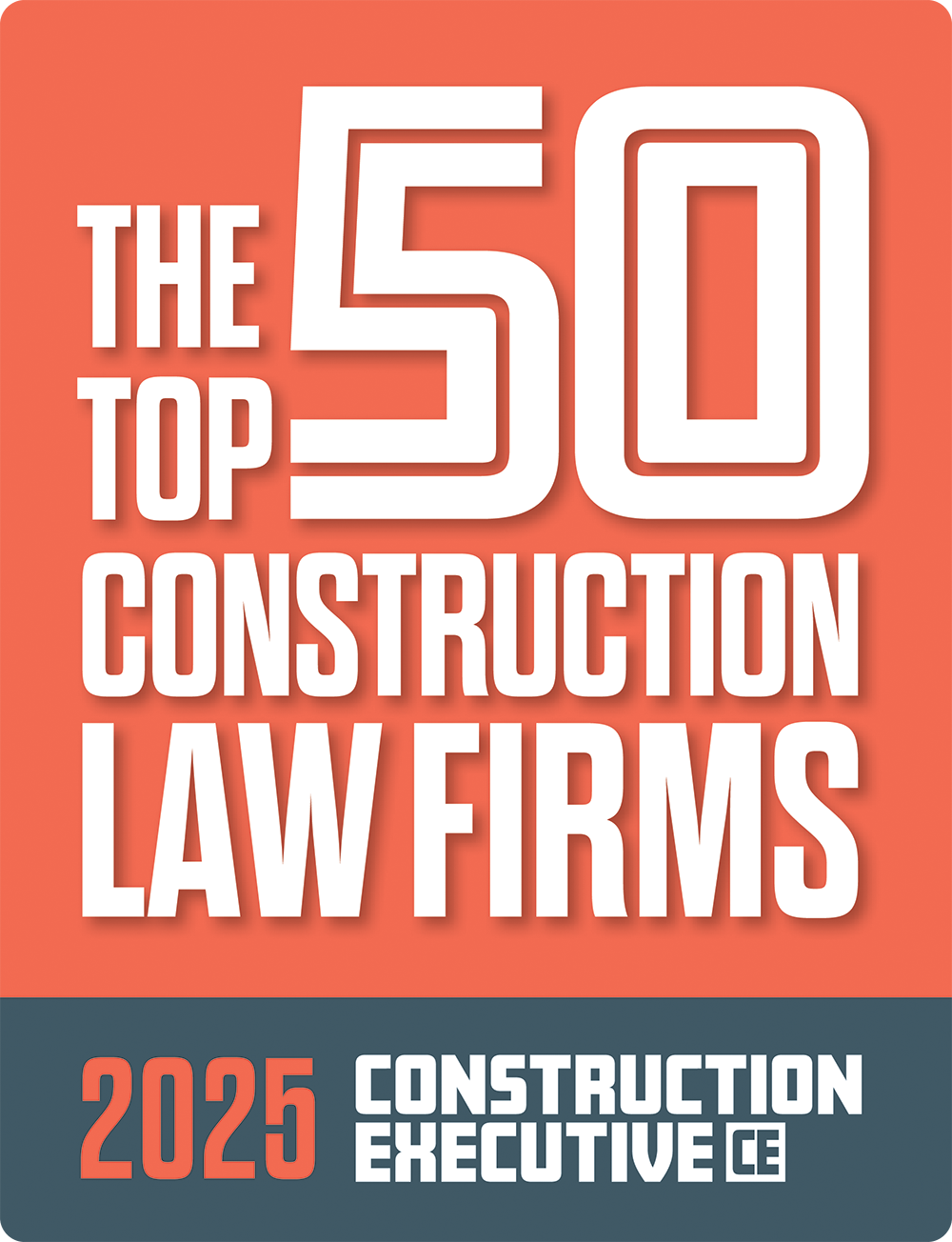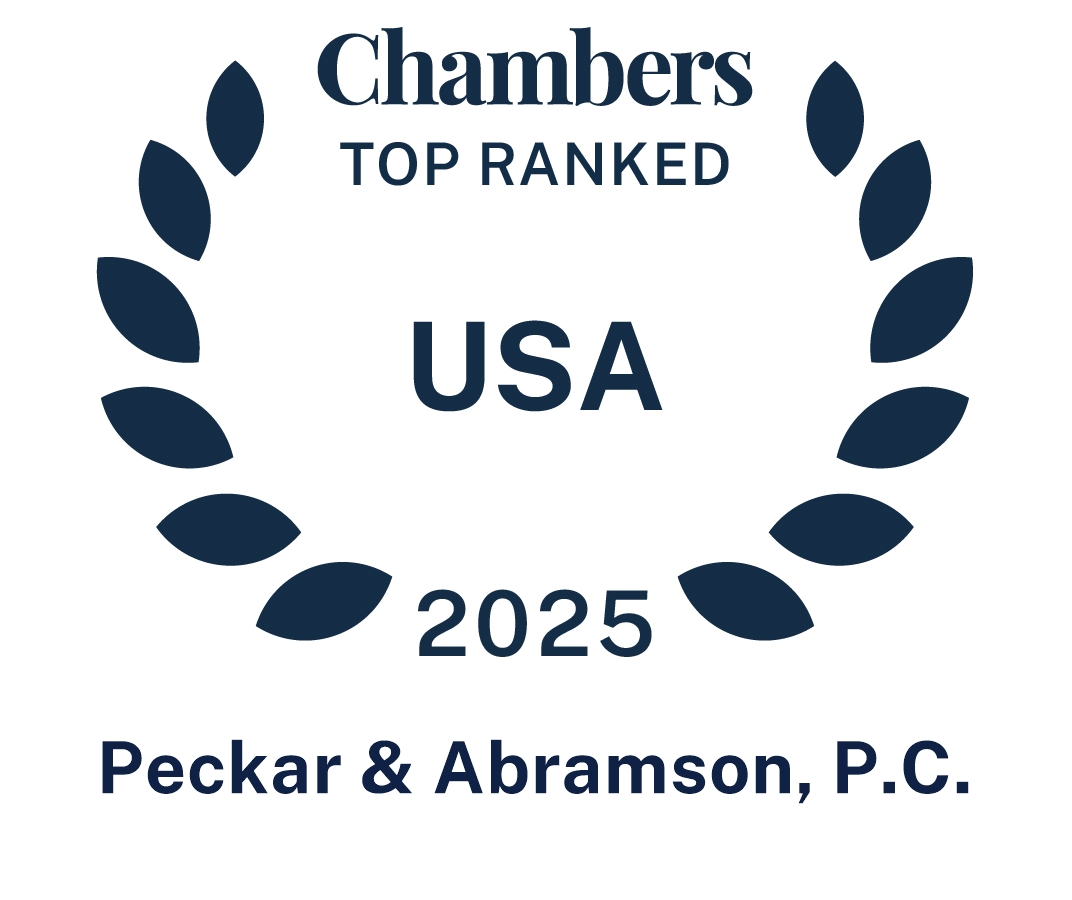Client Alerts & Publications
MTA’S New Debarment Powers Pose an Existential Risk (rev.)
Authors: Steven M. Charney, Gregory H. Chertoff, Paul Monte,
Published Date: June 18, 2019
The normal project and contractual risks faced by contractors, consultants and suppliers to the Metropolitan Transportation Authority are considerable. A new law and regulations mandating that the MTA debar contractors, consultants and suppliers for unexcused schedule and cost overruns creates a new and unfair existential risk.
The new law, Public Authorities Law Section 1279-h, slipped into the New York State budget bill and passed without public comment, was enacted on April 12, 2019. Implementing regulations were issued on June 5, 2019, and renewed on November 6, 2019, and mandate that the MTA debar contractors (defined to include consultants, vendors and suppliers) if they: (1) fail to achieve substantial completion of their contractual obligations within 10% of the adjusted contract time; or (2) present claims for additional compensation that are denied in an amount that exceeds the total adjusted contract amount by 10% or more.[1]
To say that your business and your livelihood are at risk is not an overstatement. The MTA umbrella includes the New York City Transit Authority, MTA Capital Construction, Bridges & Tunnels, Long Island Railroad and Metro North, among others. A debarment by one of these authorities will lead to a debarment by all of them, and then to a debarment by all New York State agencies and authorities,[2] and possibly debarment across state lines. Public and major private owners, as part of their RFP and procurement processes, routinely inquire regarding a bidding contractor’s debarment history.
The risk is to new contracts and, because the MTA has decided to give retroactive effect to the law and regulations, to contracts that are already ongoing (even though these risks could not have been considered, priced or agreed to by contractors or their sureties).
Unlike most debarment statutes and regulations, the MTA law and regulation does not consider mitigating factors. Federal debarment rules make it clear that debarment may only be imposed to protect the public interest, not to punish a contractor. Federal courts have required the government to show grounds and the need for debarment; and allow contractors to present mitigating factors.
The focus in federal proceedings has been whether the contractor is currently responsible, with the court considering steps that a contractor may have taken to prevent the complained of conduct from repeating itself.
The Public Authorities Law and the MTA’s hastily enacted regulations ignore the reasons why a project may have gone longer or cost more. MTA authorities must debar a contractor, consultant or supplier once a final determination is made by the MTA that the contractor exceeded the regulation’s schedule or claim thresholds.[3] It seemingly does not matter why a project went longer or whether a claim for a cost overrun was put forth in good faith, or the contractor has taken steps to prevent schedule and cost overruns in the future.
The threat extends beyond the debarred contractor, consultant or supplier. The regulations provide that, after a hearing, conducted by “a panel of at least three managerial level employees of the MTA,” the panel has discretion to also debar parents, subsidiaries, affiliates, and joint ventures and their individual members. Debarment also extends to individuals, including any partner and its individual members, directors, officers, principals, managerial employees and any person or entity with a 10% or more interest in the contractor. And the debarment can extend to an entity that is owned or controlled by the debarred contractor or its directors, officers, principals or managerial employees, including any new entity created after the date of the notice of intent to debar.
All types of consultants, suppliers and vendors are included within the scope of regulations, not just contractors performing construction projects. For instance, a design consultant engaged by the MTA to complete work or deliver design services within 50 days is exposed to debarment if the work or services are completed in 56 days and the MTA authority has denied an extension of time.
Virtually all decision making is vested in the MTA itself, with little or no external or objective input. Current MTA construction contracts usually provide that disputes are to be resolved by the operating authority’s own Chief Engineer, whose determination is binding except in limited circumstances. Consequently, the determination by the MTA’s own personnel regarding the merits of a dispute that would result in the MTA paying money or granting additional time, will be the basis upon which the debarment “must” occur. No independent assessment of a contractor’s reasons or rights by a non-MTA employee comes into consideration in the debarment process.
While the law and regulations allow consideration of “force majeure” events before imposing debarment, there is nothing in the regulations that describe “force majeure” beyond by the terms of the underlying contract (which typically address these issues). The debarment determination can also be made before a contractor’s scheduled time to complete the work has even run – if the MTA concludes that the contractor will be unable to substantially complete within more than 10% of the total adjusted time frame.
A contractor submitting claims should be mindful of the potentially harsh consequences of the law and regulations. Regardless of their underlying merit, or whether they were submitted in good faith and should be subject to legitimate negotiation, if the portion found to be invalid exceeds 10% of the total adjusted contract price, debarment is mandatory. For example, if, on a $1,000,000 contract, a contractor submits a $150,000 change order request or delay claim, and the MTA makes a final determination that $40,000 is compensable, but $110,000 is not, the contractor will face debarment (because $110,000 will exceed 10% of the adjusted contract price of $1,040,000). As written, the regulations do not allow the debarment panel to consider whether the claim was presented in good faith.
The validity of the law and regulations may be subject to legal challenge, there are issues regarding how the regulations and statute should be interpreted (potentially in a manner inconsistent with the description provided), and the MTA’s eventual implementation may vary from the interpretation presented in this Client Alert. But as it stands, the law and regulations are in force and effect and the risks they pose are serious, real, and must be managed.
Peckar & Abramson is actively working with the industry to address this situation, including supporting industry organizations. Please contact Steve Charney, Paul Monte or Greg Chertoff should you have any questions.
[1] The rules and regulations are contained within Sections 1004.1 – 1004.6 of the New York Code of Rules and Regulations, 21 NYCRR 1004, et seq.
[2] Executive Order 192, issued on January 15, 2019, mandates statewide debarment of contractors debarred by any state agency or authority. While the MTA debarment rules seemingly limit debarment to five years, Executive Order 192 has no such time limit. The only way to be reinstated under Executive Order 192 is to have a court determine the debarment was in error, or to secure a waiver from the Counsel to the Governor.
[3] Section 1004.3(a)(3) provides that when there is any evidence that the regulations have been violated, MTA must commence a debarment procedure “and its contracting personnel have no discretion to excuse or justify violations of any provision.”








